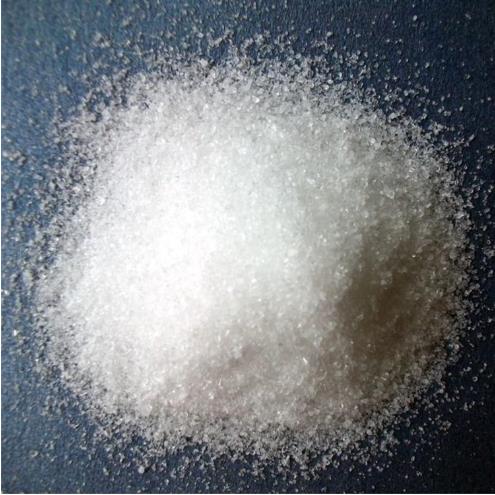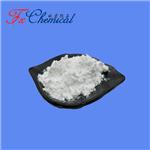Disodium Phosphate: A Comprehensive Overview
Nov 11,2024
Introduction
Phosphate is a commonly used reagent for phosphorylation of polysaccharides because it is cheap and easy to obtain. There are mainly disodium hydrogen phosphate (Na2HPO4), sodium dihydrogen phosphate, sodium trimetaphosphate (STMP), sodium tripolyphosphate (STPP) or their mixed salt. Sodium dihydrogen phosphate and disodium hydrogen phosphate are commonly used salts. Zhang et al. mixed NaH2PO4 and Na2HPO4 in proportion and then reacted with Bletilla striata polysaccharide with urea as a catalyst. Disodium phosphate is a chemical added to foods, cosmetics, and other products. It’s useful as a preservative and a flavour enhancer, among other things.

Uses
Disodium phosphate is a widely used derivative product of phosphoric acid. Disodium phosphate is used directly in water treatment for corrosion control or blended with polyphosphates for corrosion control and scale inhibition. It is also used as an input in the manufacturing of sodium polyphosphates. Disodium
Phosphates are commonly used in dairy product processing and as a buffering agent in industrial processes such as textile manufacturing.
Use in Water Treatment
Disodium phosphate is used directly in corrosion control and blended with polyphosphates for corrosion control and scale inhibition.
Use as a Precursor to Other Water Treatment Chemicals
Disodium phosphate is used to manufacture sodium polyphosphates.
Other Applications
Disodium phosphate is widely used as an emulsifier, pH buffering agent, and stabilizer in food production, and as buffering agent in textile production. Cheese, whipped cream, milk, and other dairy products have unique textures and consistencies because of disodium phosphate. Disodium phosphate is also helpful in canning food since it prevents metal from rusting.
Other significant uses include formulation of cleaning agents, detergent products, as well as water treatment.
Primary Industrial Consumers
Significant uses of disodium phosphate include food production, pH buffering for industrial processes such as textile processing, the formulation of cleaning products, corrosion control, and anti-scaling applications in water treatment.
References:
[1] T. GUINEE B O. Reducing the level of added disodium phosphate alters the chemical and physical properties of processed cheese[J]. Dairy Science & Technology, 2012, 55 1: 144-160. DOI:10.1007/S13594-011-0053-2.
- Related articles
- Related Qustion
- Introduction of Sodium Phosphate, Dibasic Jan 28, 2022
Sodium phosphate, dibasic appears as a colorless to white crystalline solid. Soluble in water. The primary hazard is the threat to the environment. Immediate steps should be taken to limit spread to t
Supplementation with pyridoxal 5'-phosphate monohydrate can synthesize neurotransmitters such as dopamine and serotonin, maintaining a healthy nervous system.....
Nov 4,2025Biochemical Engineeringε-Caprolactone-modified polyethylenimine nanocarriers enhance siRNA delivery, demonstrating minimal toxicity and high biocompatibility, making them crucial for safe gene therapy.....
Oct 23,2024Organic ChemistrySodium Phosphate, Dibasic
7558-79-4You may like
Sodium Phosphate, Dibasic manufacturers
- Sodium Phosphate, Dibasic
-

- 2026-01-23
- CAS:7558-79-4
- Min. Order:
- Purity: 0.99
- Supply Ability:
- Disodium Phosphate Anhydrous
-

- $0.00 / 1KG
- 2026-01-23
- CAS:7558-79-4
- Min. Order: 1KG
- Purity: 98%min
- Supply Ability: 30tons/month
- Disodium Phosphate
-

- $29.00 / 5g
- 2026-01-09
- CAS:7558-79-4
- Min. Order:
- Purity:
- Supply Ability: 10g






